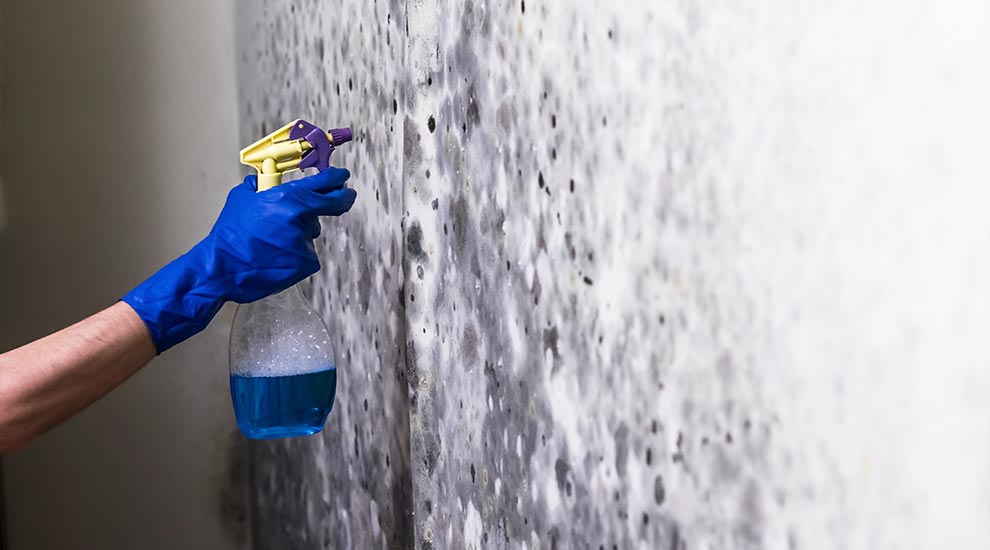How to File an Insurance Claim for a Mold Infestation
If you suspect that you have mold in your home, it is important to take it very seriously.
A mold infestation can cause both illness and damage to your property, so it is important to rectify the situation in a timely manner if it should occur.
Representatives of the insurance company are typically dismissive when one tries to file a claim for mold infestation, but over the years both residential and commercial establishments have become more susceptible to mold. This is because of the introduction of building products constructed in bulk and new construction techniques.
Don’t let mold make you or your family ill, or cause damage to your home, finishes, and other belongings.
How do I file a mold infestation insurance claim?
The first step when it comes to filing a mold damage claim is to call your insurance company in a timely manner. Put everything that is discussed in writing. For extra protection, it is advised to follow up with an email or letter to reiterate all that was discussed. If your claim is due to a pipe issue or a flood, it is important to have the insurance company send a remediation team as soon as possible to prevent more damage from occurring.
If you feel that the insurance company is not taking your claim seriously and are delaying the process, again, follow up with an email or letter confirming that they are delaying the remediation process. It is important to let them know that you mean business, and are aware of your rights.
Look at your policy documents with a fine-toothed comb, especially the Declarations Page. This page is the important page that depicts what coverages you are entitled to, your policy limits and the dates in which they are in effect. Review the inclusions, exclusions, and the necessary documents required to successfully submit a claim.
As unsettling as it may be to live with a mold infestation, do not make any permanent repairs to the damage, or get rid of any damaged property until after the inspector has been to the establishment. Of course, you can take preventative measures to protect unaffected items. If there are broken pipes or appliances, turn the water off. The insurance company will let you know when it is okay to dispose of any property that was affected by the damage. A lab may need to sample affected items to establish mold content. You can wrap them in plastic and store them in a different area if necessary.
How to file a roof damage claim?
In the unfortunate event that there is damage to your roof, you may need to cover it with some type of tarp to protect against unfavorable weather. If your loss is covered by your claim, your insurance company should cover the cost of emergency measures that you needed to take to protect the property from incurring more damage. Insurers sometimes even try to deny coverage for damage occurring after your claim due to your lack of concern to protect the property from future damages!
Take photos, video, and inventory of all property that has been affected by the damage. Document each loss as effectively as you can, and do not exaggerate or guess as to the value of the loss. This is your proof as to the extent of damage that has occurred. Be sure not to leave anything out.
How do I hire a public adjuster?
If you feel overwhelmed by the process of filing a mold damage claim, you can hire an independent appraiser to guide you through the process. They will assist in your conversations with the insurance company, as well as reporting your damages and handling of the items. It is important to note that hiring an independent appraiser is not reimbursed by your insurance policy, whether the damage is covered or not. Getting your own appraiser also helps to make sure that you are not getting lower estimates from contractors that have an affiliation with the insurance company. You are entitled to have any damaged property replaced with the kind of quality that it was originally built with.
Every state has different laws for handling insurance claims, and it is imperative that you comply with your insurance companies (reasonable) requests for information regarding your claim. Do not give them any recorded statements, or sign a sworn proof of loss form until you are absolutely sure that you understand your rights and what will and will not be covered by your insurance policy.
Need assistance right now? Contact us here now for 24 hour assistance






